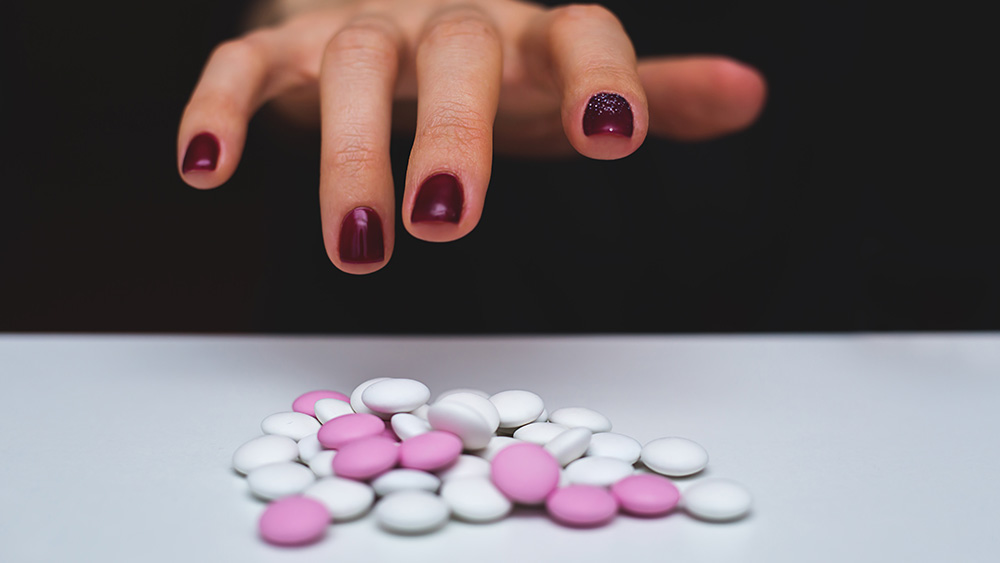Food companies attempting to work around the Freedom of Information Act
02/08/2017 / By Jude Henry

Imagine the days of old, when food was grown traditionally, with hard work, sweat, sacrifice and love. Remember back when food didn’t contain the assortment of poisons that slither into foods today? Those who were responsible for feeding the population probably had a sense of humility and responsibility, knowing the critical role they served in the well-being of humanity.
Sadly, when it comes to much of the food now produced in the United States, those days are gone. The farmers of long ago have been replaced by factories humming to the tune of toxins and chemicals being concocted together and called food.
The Food and Drug Administration (FDA), which is supposed to be working for the public by assuring that the food sold and consumed is safe, has completely fallen down on the job. Instead of fulfilling its duty, it is essentially in partnership with Big Food companies and doesn’t implement adequate oversight or accountability.
Freedom of Information Act resistance speaks for itself
According to the Freedom of Information Act’s website, the FOIA (provides) the public with:
“The right to request access to records from any federal agency. It is often described as the law that keeps citizens in the know about their government. Federal agencies are required to disclose any information requested under the FOIA unless it falls under one of nine exemptions which protect interests such as personal privacy, national security, and law enforcement.”
Recently, it’s been revealed that Big Food companies are seeking to skirt the Freedom of Information Act by evading the release of pertinent information. They are working hard, trying to get wording included in the 2017 House Agricultural Appropriations Bill that encourages the USDA to allow them to ignore the FOIA. In other words, Big Food is trying to avoid having to comply with requests about their products.
But if the foods were so great, and if the companies had nothing to hide, wouldn’t they gladly offer information about their products and practices?
The truth is, Big Food operates quite similarly to Big Pharma, with its primary fuel being money, greed, deception and power. The industries work so conveniently hand in hand, in that Big Food’s products lead to illness, which hands Big Pharma customers for life.
What you can (and should) do
Because many food companies are unwilling to be transparent, the best strategy for consumers is this:
- Avoid buying food with any labels on it, even from your local grocery store. You cannot trust what conventional food companies write on food labels, as you can see by how they tried to work around the FOIA. But if you have thoroughly researched a company and believe it is diligent about only including high-quality real food in its products, it may be safe to consider buying the company’s products.
- Buy fresh, organic and natural food that does not contain antibiotics, hormones, pesticides, GMOs and all the other addictive and health-destroying manmade mystery concoctions that Big Food likes to slip into food.
- Buy directly from local farmers through farmers’ markets, CSAs and other venues. Interview the farmers to find out what you’re getting in the food you buy from them.
- Grow at least some of your own food. That’s the best way to be sure of what you’re putting on your plate. Growing a few herbs and some sprouts on your kitchen counter takes very little time and is inexpensive.
With large numbers of people saying “enough is enough” in various ways, such as by voting with their dollars and rejecting the Big Food conglomerate in favor of buying local and organic, the tide is definitely turning.
Sources:
Tagged Under: America, Big Pharma, corruption, food, glyphosate, government, health, nutrition, wake up america




















